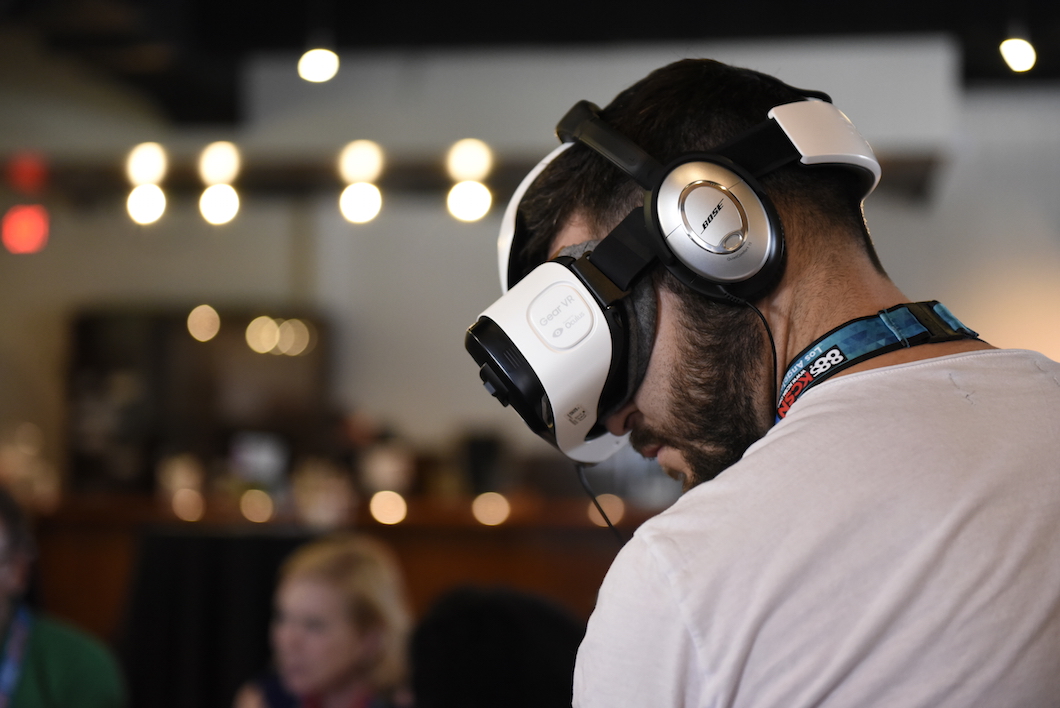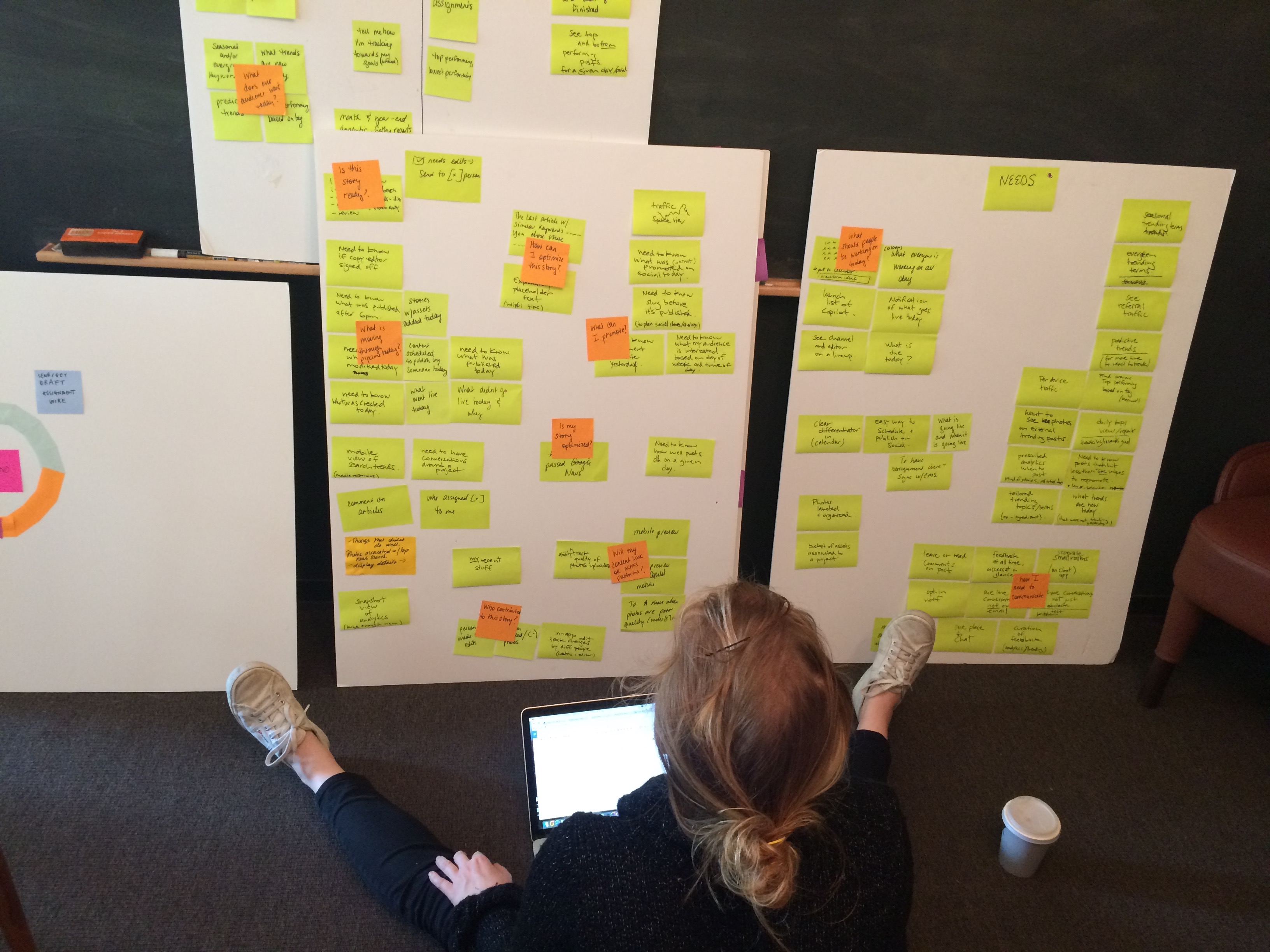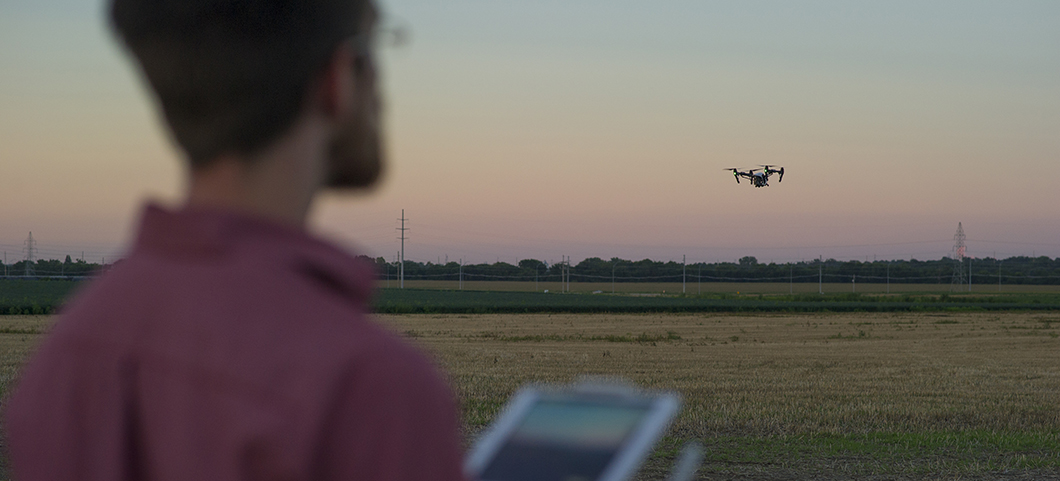
New Facebook Journalism Project will tap Knight’s network of local news organizations
As the first social media editor at The New York Times in 2009, I had access to top-tier talent at Facebook to help experiment with this new platform to find and build audience for Times coverage all over the world. It worked.
Other large news organizations and famous journalists that could scale national and international attention did too. After joining Knight Foundation in 2014, I learned that was not the case for most major metropolitan daily newsrooms, local television stations and even the most sophisticated local online news sites. Local news didn’t get the same attention on the platform. Local news did not scale.
Now, local news has a better chance to find its way more effectively into the Facebook News Feeds for millions of people across the country, people who are seeking quality, trusted news from their local journalism organizations.
That’s why we’re supporting the new Facebook Journalism Project announced today that will help bring a new emphasis to local journalism as part of its efforts. Our support to Facebook is not financial; we will help connect Facebook’s engineers, product developers and news partnerships team with our extensive network of local news leaders and organizations. The goal is to help them use this extraordinarily powerful platform to inform and engage people in cities and towns, big and small.
What we are most excited about is that Facebook has committed its staff to listen and learn from local news organizations and residents to help better understand how best to draw attention to journalism, instead of fake news.
At Knight Foundation, we believe in the power of quality journalism and local news to help communities shape their own futures. It is our legacy, inherited from the Knight brothers, who owned newspapers across the country. That tradition, and our support for local journalism, is at the center of our strategy to support informed and engaged communities.
At a time of growing mistrust in journalism, a time when false information flows freely and is widely shared online, local journalism organizations are often the most relevant, credible and important sources of information for helping people make decisions that affect their lives and their communities.
Facebook adds yet another dimension. It gives people a platform where they can easily talk about this information with their friends and neighbors, and share it with those who they believe will also benefit.
Through this collaboration, Knight will also be working with many of its partners that now provide services for infrastructure for local news, notably the Institute for Nonprofit News, Local Independent Online News Publishers, Montclair State University’s Center for Cooperative Media, the Detroit Journalism Cooperative, and Philadelphia’s Institute for Journalism in New Media.
Facebook will tap into a learning network that we are building with our grantees, sharing best practices for digital journalism across metro newsrooms, local television news outlets and small nonprofit news sites alike. We hope they’ll learn to better use Facebook to reach and engage audiences—and to strengthen their business models.
Since we are a foundation rooted in journalism, it’s not surprising that the other aspects of the Facebook Journalism Project interest us as well. Emerging storytelling formats and promoting news literacy are all projects we have supported for years. In fact, CrowdTangle, the social analytics tool Facebook is opening up, received venture capital from the Knight Enterprise Fund.
Of course, we are concerned about the impact of the growing concentrated power of social media and technology on how people are consuming news and information as Emily Bell, founding director of Columbia University’s Tow Center for Digital Journalism, has been warning in research, partially funded by Knight.
We know that Facebook’s role in the journalism ecosystem is delivering mixed results even for the larger news media organizations that have figured out how to benefit from Facebook Live, Instant Articles and other features. While news media companies are extending reach and deepening engagement, they are losing advertising dollars now going directly to Facebook, further disrupting the traditional business model for journalists.
At the same time, Facebook is where 1.79 billion people are consuming news and information. It has a huge opportunity to do a better job helping inform local communities with quality information. We see this as an important step by Facebook to move toward a level of civic responsibility demanded by its role as the primary conduit of news and information for billions. We’re delighted that it’s just the beginning of their effort.
Jennifer Preston is vice president for journalism at Knight Foundation. Email her via [email protected] and follow her on Facebook at facebook.com/JenniferMPreston and on Twitter @JenniferPreston.
R
-
Journalism / Article
-
Journalism / Article
-
Journalism / Article
-
Journalism / Article
-
Journalism / Article
-
Journalism / Article
-
Journalism / Article
-
Journalism / Article
Recent Content
-
Journalismarticle ·
-
Journalismarticle ·
-
Journalismarticle ·










